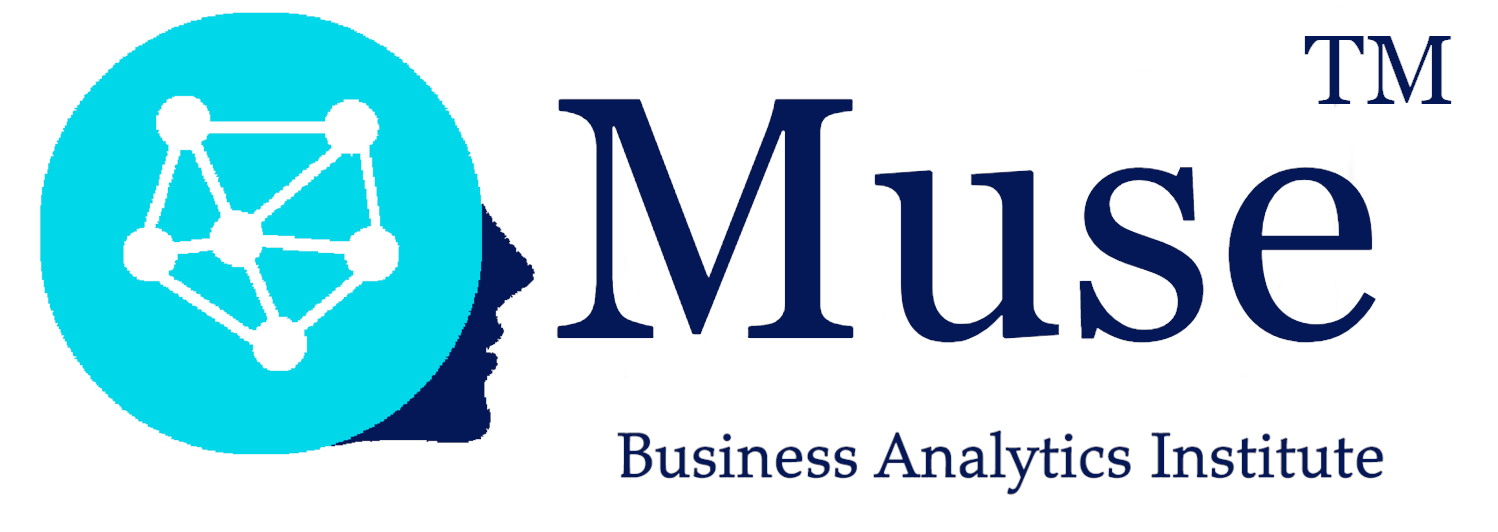Digital Well-Being
Digital well-being refers to the overall well-being of individuals in our increasingly digitally-intermediated society. The notion of digital well-being encompasses our physical, mental, and emotional well-being as it relates to the use of digital technology.
With the constant integration of technology in our daily lives, it's important to understand the potential positive and negative impacts of digital technology on our physical and mental health.
On one hand, digital technology offers many opportunities for individuals to improve their well-being. Digital tools can provide access to information and resources that can help people manage their mental and physical health, connect with others, and pursue their goals and interests.
Additionally, digital technologies can make life more convenient, efficient, and productive. For example, online therapy, telemedicine, and other digital health tools can provide convenient and accessible resources to manage healthcare.
However, on the other hand, excessive use of technology can lead to various challenges such as sleep disturbance, social isolation, and negative impact on mental health.
The multiple distractions and the constant access to information can lead to less focus and productivity, and the constant exposure to social media and the internet can lead to feelings of depression and anxiety.
Moreover, the widespread of misinformation and fake news on the internet can lead to a lack of trust and healthy skepticism.
It's important to find a balance between utilizing technology for its benefits and being aware of its potential negative impacts on our well-being and taking steps to mitigate them.

